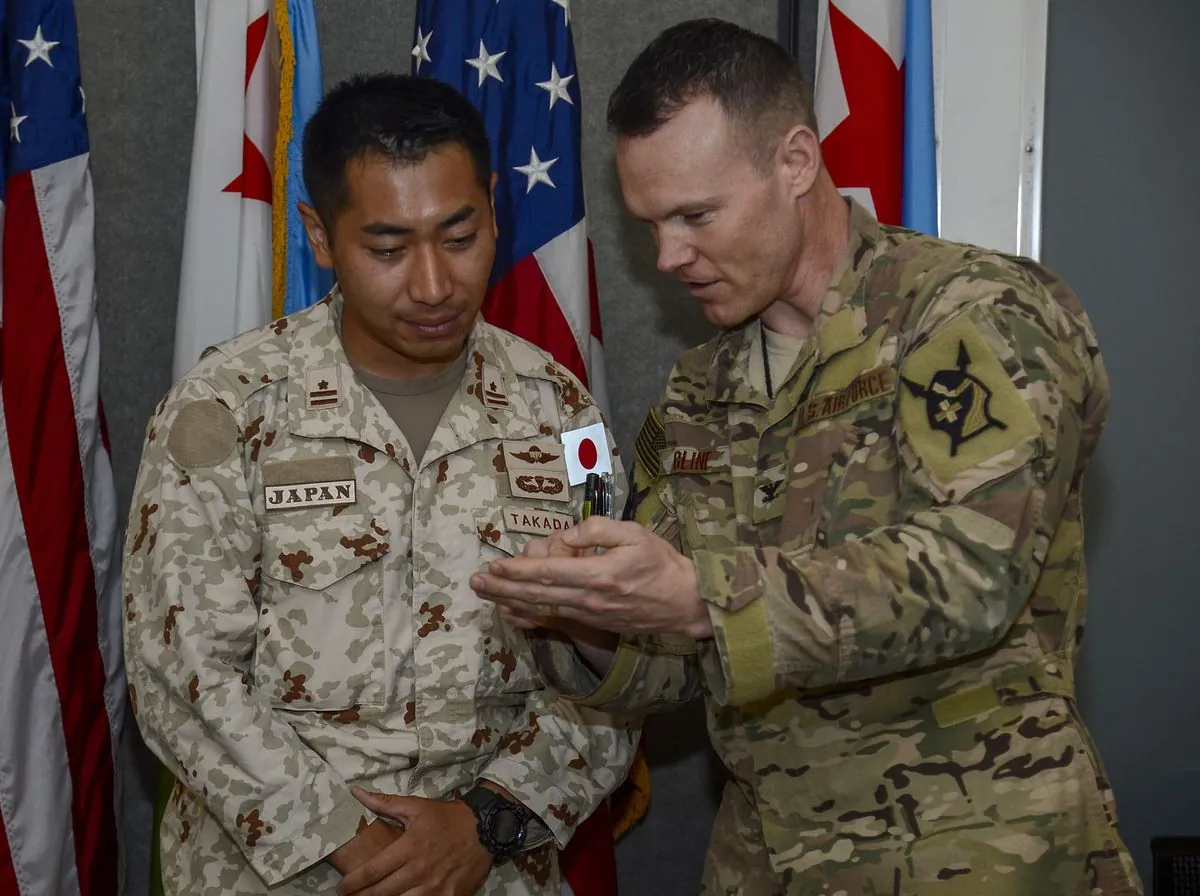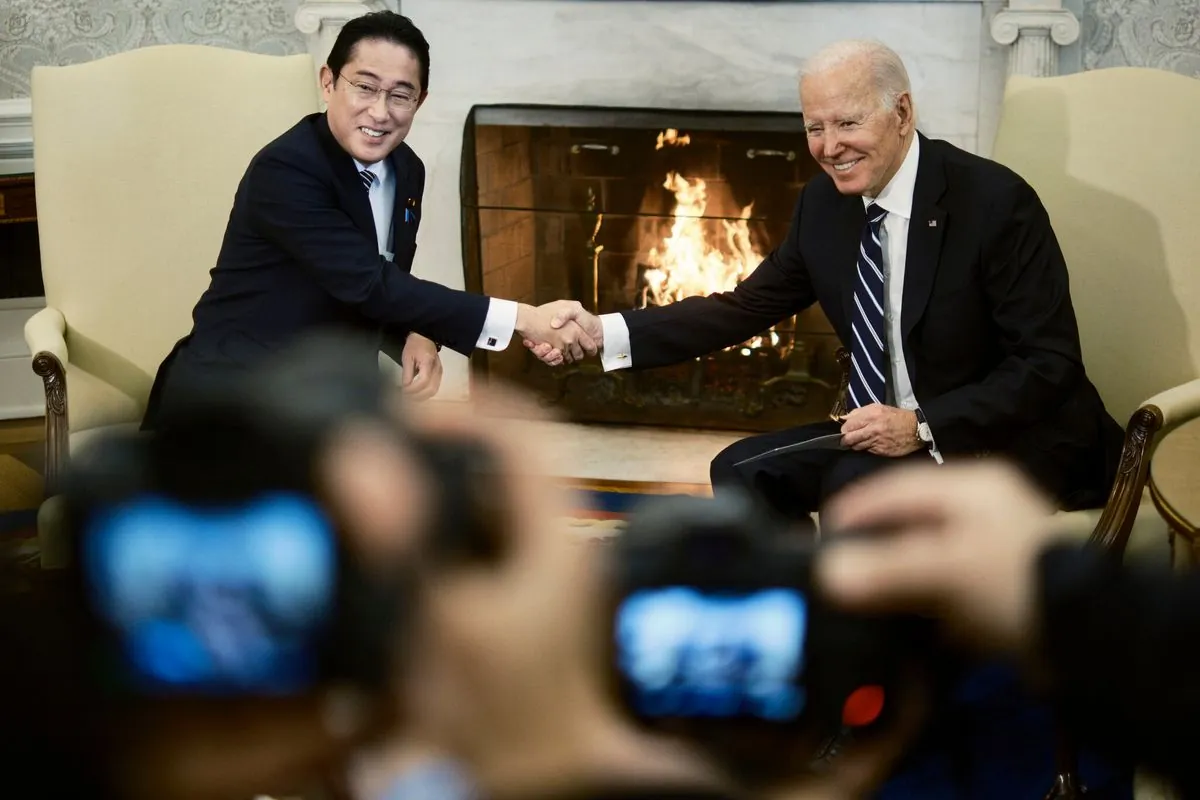US Urges Japan to Name Representatives for Joint Humanitarian Hub Task Force
The United States has requested Japan to designate officials for a joint task force aimed at establishing a humanitarian assistance hub. This initiative addresses climate change impacts and potential regional conflicts.

The United States has formally requested Japan to designate its representatives for a joint task force, focusing on the establishment of a humanitarian assistance and disaster relief hub in Japan. This development comes approximately 16 months after the initial agreement between the two nations.
Rahm Emanuel, the US Ambassador to Japan, has sent letters to Japanese Foreign Minister Yoko Kamikawa and Defense Minister Minoru Kihara, urging them to provide the names of four Japanese officials for the task force. The ambassador emphasized the importance of prompt action, requesting the information at their "earliest convenience" and proposing a date for the inaugural task force meeting.
The US-Japan alliance, formed in 1960, has been a cornerstone of regional security for over six decades. With Japan hosting approximately 54,000 American troops, the largest overseas US military presence, this new initiative further strengthens their cooperation in humanitarian efforts.

The proposed hub aims to address the increasing frequency and severity of natural disasters in the Asia-Pacific region, a consequence of climate change. The Asia-Pacific area is particularly vulnerable to various natural calamities, including typhoons, earthquakes, and tsunamis. Japan's advanced disaster response technologies and expertise, developed through frequent exposure to such events, make it an ideal partner for this initiative.
"The effects of climate change are bringing devastation and destruction to communities around the world with ever-greater frequency and ferocity."
While the primary focus is on climate-related disasters, the hub could potentially assist civilians displaced by regional conflicts. This aspect gains significance considering the growing concerns about Chinese military activities around Taiwan, which has been a point of tension in US-China relations.
The US has already named its representatives for the task force, including Lieutenant General Roger Turner, the US Marine Corps commander in Japan, Colonel Patrick Biggs, the country's US Army Corps of Engineers chief, and regional USAID head, Heath Cosgrove. The inclusion of these officials highlights the multifaceted approach to humanitarian assistance, combining military logistics, engineering expertise, and development aid.
This initiative aligns with the US encouragement for Japan to take on a more active role in regional security. Despite constitutional limitations on its military, Japan has been expanding its defense capabilities in recent years, partly in response to regional security concerns.
As of the time of reporting, Japan's Ministry of Foreign Affairs and Ministry of Defense have not provided immediate responses to requests for comment on this matter. The establishment of this joint task force represents another step in the ongoing collaboration between the US and Japan in humanitarian assistance and disaster relief operations, building upon their previous joint efforts such as the response to the 2011 Tohoku earthquake and tsunami.


































